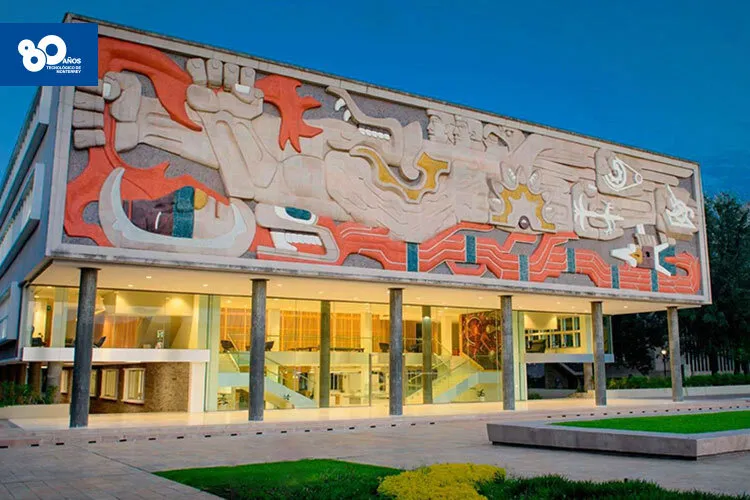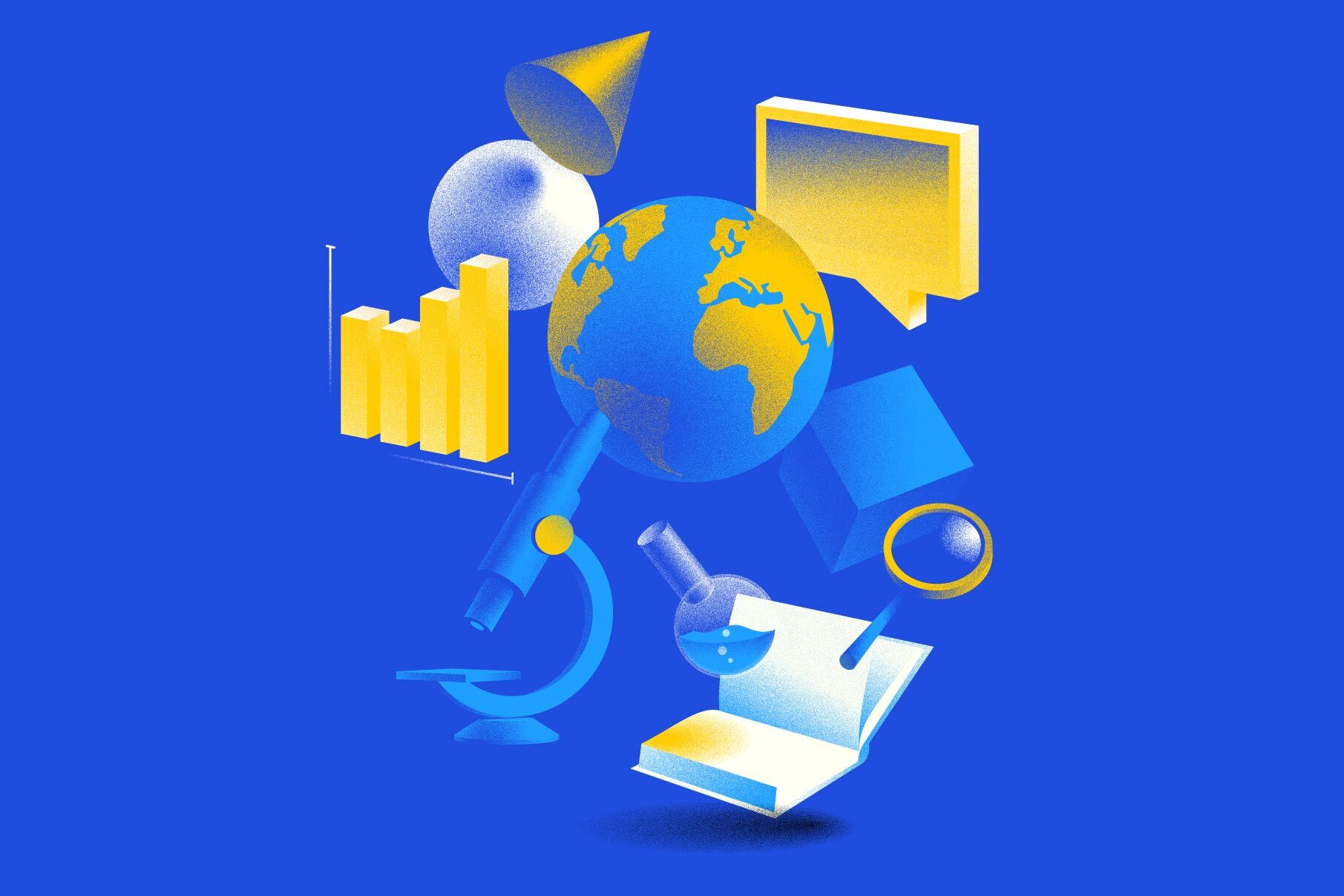Since the Tec’s creation in 1943, over 292,000 alumni have graduated from its degree courses.
To celebrate its 80th anniversary, a study of 30,000 Tec graduates was performed to discover their profiles and analyze the impact they have made on society.
The survey, conducted by Quacquarelli Symonds, reported that 47% of graduates have worked outside of Mexico, while 34% are currently living abroad.
Furthermore, it explained that one in five have published opinion pieces or essays over the course of their careers, and 42% of Tec de Monterrey alumni have authored at least one research or innovation artifact, including articles, research papers, conference papers, patent, books, among others.
The report showed that 43% of graduates have set up a company over the course of their careers, adding up to a total of 220,000 companies that generate more than 3.2 million jobs.
For instance, 24% of these companies reported income of more than half a million and even up to 1.5 million pesos in the past year, while 42% reported earnings of more than half a million pesos.
The study indicated that these companies correspond to a variety of industries such as consulting, commerce, food, construction, finance, education, agriculture, and health, some of which have presence in the United States, Colombia, Canada, and Ecuador.
An Outstanding Tec Graduate
One of the outstanding cases is that of Gerardo Herrera Coral, who graduated from Monterrey Campus with a degree in Industrial Physics in 1984. Herrera Coral is currently a researcher at the Department of Physics of CINVESTAV and an associate researcher at the European Organization for Nuclear Research (CERN).
One of the areas he has been working in is that of developing elementary particle collision detectors, a technology he had to invent as it did not exist on the market.
“We design, build, and operate three of the detectors that form the ALICE spectrometer, which is a detector consisting of 19 devices, instruments focused on measuring the collisions of protons with protons. We design detectors like B0, which has achieved the highest resolution ever,” said the specialist in an interview.
The Tec alumnus explains that developing technologies to detect collisions is a specialization in which he competes with the best physicists in the world, as is the case for the B0 detector.
“We had to compete with French group from the University of Lyon. They had one type of technology and we Mexicans came up with a different one to achieve the objectives of speed and resolution, which our technology won in that competition,” he says.
Herrera Coral explains that constant innovation is a fundamental aspect, as the detectors that worked from 2009 to 2018 had to be updated to improve collision detection.
“We’ve already begun working on what will be the ALICE 3 detector in 2035. We’ll need a new detector because we’ll have a new collider that’s going to be modified. We don’t stop working; it’s an ongoing effort,” he says.
For this researcher, having been part of the Tec meant acquiring an international perspective that he then implemented in his career to develop Mexican technology which currently operates in the most important particle collider.
“The Tec shapes a lot of its people this way: competition, teamwork, internationalization, human relations, and coordination. It was a very useful part of my formation,” he says.














